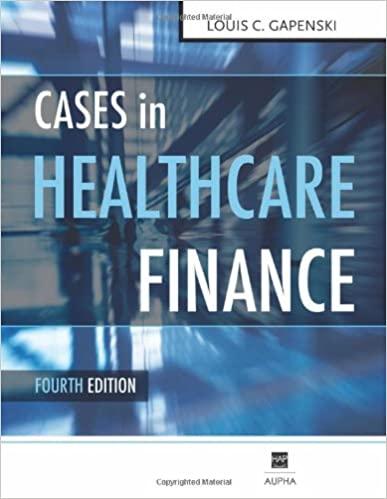Answered step by step
Verified Expert Solution
Question
1 Approved Answer
PAYING OFF CREDIT CARDS Simon recently received a credit card with an 1 4 % nominal interest rate. With the card, 1 purchased an Apple
PAYING OFF CREDIT CARDS
Simon recently received a credit card with an nominal interest rate. With the card, purchased an Apple iPhone for $ The minimum payment on the card is only $ per month.
a If Simon makes the minimum monthly payment and makes no other charges, how many months will it be before he pays off the card? Do not round intermediate calculations. Round your answer to the nearest month.
months
b If Simon makes monthly payments of $ how many months will it be before he pays off the debt? Do not round intermediate calculations. Round your answer to the nearest month. months
c How much more in total payments will Simon make under the $amonth plan than under the $amonth plan. Do not round intermediate calculations. Round your answer to the nearest cent. $
EFFECTIVE VERSUS NOMINAL INTEREST RATES
Bank A pays interest compounded annually on deposits, while Bank pays compounded daily.
a Based on the EAR or EFF which bank should you use?
I. You would choose Bank A because its EAR is higher.
II You would choose Bank because its EAR is higher.
III. You would choose Bank A because its nominal interest rate is higher.
IV You would choose Bank B because its nominal interest rate is higher.
V You are indifferent between the banks and your decision will be based upon which one offers you a gift for opening an account.
b Could your choice of banks be influenced by the fact that you might want to withdraw your funds during the year as opposed to at the end of the year? Assume that your funds must be left on deposit during an entire compounding period in order to receive any interest.
I. If funds must be left on deposit until the end of the compounding period year for Bank A and day for Bank B and you think there is a high probability that you will make a withdrawal during the year, then Bank A might be preferable.
II If funds must be left on deposit until the end of the compounding period year for Bank A and day for Bank B and you have no intentions of making a withdrawal during the year, then Bank B might be preferable.
III. If funds must be left on deposit until the end of the compounding period day for Bank A and year for Bank B and you think there is a high probability that you will make a withdrawal during the year, then Bank B might be preferable.
IV If funds must be left on deposit until the end of the compounding period year for Bank A and day for Bank B and you think there is a high probability that you will make a withdrawal during the year, then Bank B might be preferable.
V If funds must be left on deposit until the end of the compounding period day for Bank A and year for Bank B and you think there is a high probability that you will make a withdrawal during the year, then Bank A might be preferable.

Step by Step Solution
There are 3 Steps involved in it
Step: 1

Get Instant Access to Expert-Tailored Solutions
See step-by-step solutions with expert insights and AI powered tools for academic success
Step: 2

Step: 3

Ace Your Homework with AI
Get the answers you need in no time with our AI-driven, step-by-step assistance
Get Started


